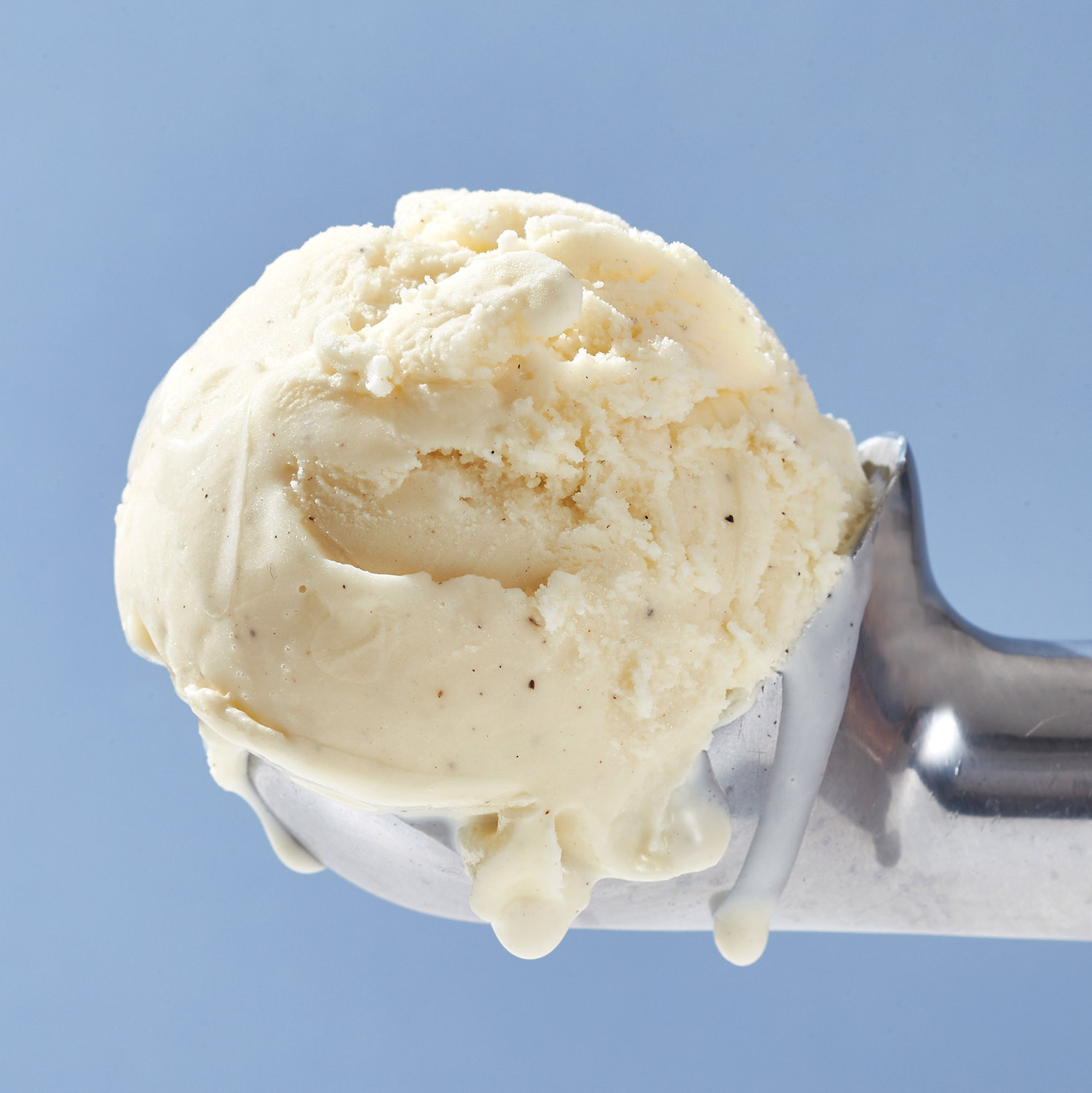No, cats should not eat ice cream. It can cause digestive issues and discomfort for them.
Cats are known for their selective and sometimes peculiar dietary preferences. As pet owners, we often contemplate whether our feline companions can enjoy the same treats that we do. One common question that arises is whether cats can eat ice cream.
While indulging in an ice cream cone on a sunny day seems like a pleasant thought, it is crucial to consider the well-being of our furry friends. We will explore whether cats can enjoy this popular frozen delight and the potential consequences it may have on their health. Understanding the dietary limitations of cats is essential to ensure their long-term health and happiness. So, let’s find out if ice cream is a suitable treat for our feline friends or if it should be admirably enjoyed by humans only.

Credit: www.singingdogvanilla.com
Is Ice Cream Safe For Cats?
Ice cream may be a delicious treat for humans, but it is not safe for cats. Cats are lactose intolerant, meaning they lack the enzyme needed to break down lactose, the sugar found in milk. Feeding ice cream to cats can lead to digestive issues such as stomach upset, diarrhea, and vomiting.
Moreover, some ice cream flavors contain ingredients that are toxic to cats, like chocolate and artificial sweeteners. These ingredients can be harmful and even fatal to feline companions. Therefore, it is best to avoid giving ice cream to cats and opt for safe and appropriate treats specifically made for them.
Keeping in mind the limitations of their digestive system can help ensure our furry friends’ health and well-being.
Why Cats Shouldn’T Consume Ice Cream
Cats should avoid consuming ice cream due to their lactose intolerance. This can lead to digestive issues and discomfort. Lactose is the sugar found in milk, and cats lack the necessary enzymes to properly break it down. When cats consume ice cream or other dairy products, it can cause stomach upset, bloating, diarrhea, and even dehydration.
It’s important for cat owners to be aware of this and not offer ice cream as a treat. Instead, there are specially formulated cat-friendly frozen treats available that are safe for their digestion. Cats have different dietary needs than humans, and it’s essential to provide them with appropriate and safe food options to ensure their health and well-being.
Alternatives To Ice Cream For Cats
Cat owners often wonder if their feline friends can indulge in a sweet treat like ice cream. While ice cream may not be suitable for cats due to its lactose content, there are safe and healthy alternatives that can satisfy their cravings.
Homemade frozen desserts specifically tailored for cats offer a great solution. These cat-friendly treats can be made easily at home using ingredients like pureed fruit, yogurt, or even bone broth. By freezing these concoctions in small, bite-sized portions, cat owners can provide their furry companions with a refreshing and delicious frozen treat.
Not only do these homemade recipes help prevent digestive issues, but they also ensure that cats can enjoy a guilt-free snack without any potential harm. So, next time your cat craves something cold and tasty, skip the ice cream aisle and whip up a homemade frozen delight instead.
Conclusion
Overall, it is clear that cats should not be fed ice cream. While it may seem like a harmless treat, ice cream can actually be detrimental to a cat’s health. Cats lack the necessary enzymes to properly digest lactose, which is found in milk and dairy products like ice cream.
This can lead to digestive issues such as diarrhea, vomiting, and discomfort. Additionally, the high sugar content in ice cream can contribute to obesity and other health problems in cats. It’s important for cat owners to prioritize their pet’s well-being and make informed decisions about their diet.
Instead of ice cream, there are plenty of cat-friendly treats available that are both delicious and safe. Opting for these alternatives will ensure that your furry friend stays happy and healthy. Remember, a well-balanced diet tailored to a cat’s specific nutritional needs is crucial for their overall well-being.
